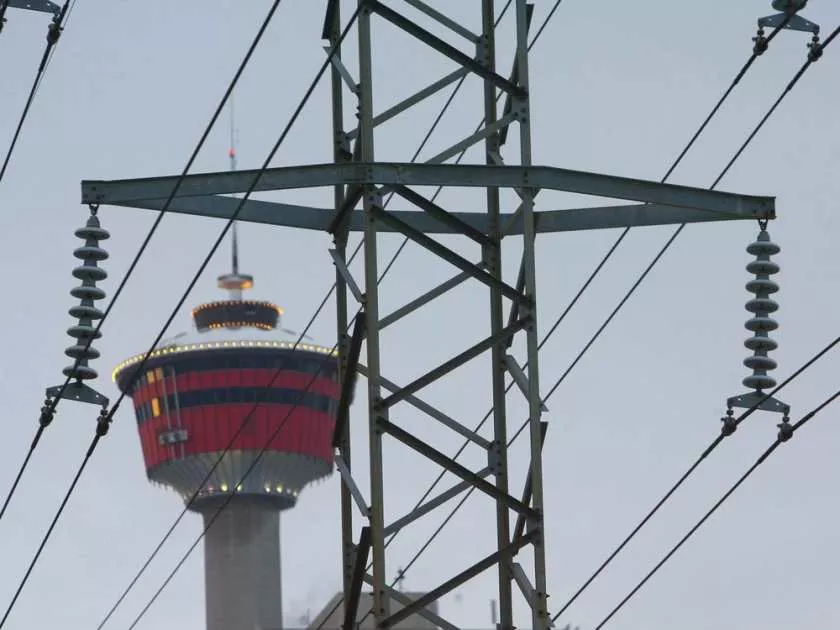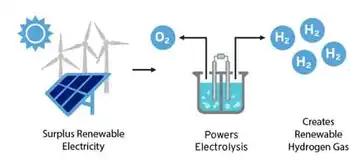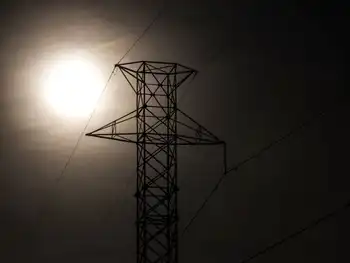Coal ash polluting water, says group
By Rapid City Journal
Substation Relay Protection Training
Our customized live online or in‑person group training can be delivered to your staff at your location.

- Live Online
- 12 hours Instructor-led
- Group Training Available
The Environmental Integrity Project, the Sierra Club and Earthjustice said the report documented 39 new examples in 21 states of water pollution caused by coal ash.
The organizations contend state regulation of coal ash dumps is weak, and they want the Environmental Protection Agency to take over the job. The federal agency has proposed rules on the subject and is holding public hearings to take comment about them, the first of which is scheduled for Arlington, Va.
"The bottom line is that we can't just leave monitoring and drinking water protection up to the states. That hasn't worked," said J. Drake Hamilton, science policy director for Fresh Energy, a St. Paul, Minn., organization that advocates alternatives to coal-generated electric power.
State health regulators in North Dakota and South Dakota disputed some of the report's conclusions. It singles out the Antelope Valley and Leland Olds power stations in west-central North Dakota, which are owned by Bismarck-based Basin Electric Power Cooperative, and the Big Stone plant near Milbank in northeastern South Dakota, which is run by Otter Tail Power Co., of Fergus Falls, Minn.
David Glatt, environmental health chief for North Dakota's Health Department, said federal regulatory standards would probably be similar to the state's existing oversight of coal ash disposal sites.
North Dakota requires disposal of coal ash in a storage space lined with clay or composite plastic, Glatt said. Those cannot be near drinking water sources, he said, and monitoring wells keep track of groundwater conditions.
"We feel we have a program that would be equivalent to, or exceed, what EPA would come up with," Glatt said. "We do feel that environmentally, North Dakota is doing it right."
The report says arsenic levels at three monitoring wells at Basin Electric's Antelope Valley station have "risen dramatically" over 26 years. "The increasing arsenic trends... indicate that the arsenic is linked to the coal ash disposal," the report says.
Wells at the Leland Olds plant also have detected elevated levels of arsenic, lead and selenium, it says. All three are heavy metals that can cause health problems.
Scott Radig, director of the Health Department's waste management division, said the groundwater pollution was confined to the ash waste disposal sites. There is no evidence it is affecting drinking water, Radig said.
"We do not know of any public water supply or private water supply wells that are impacted at all," he said.
Health officials said the presence of arsenic, which occurs naturally in soils, is not unusual in North Dakota. Floyd Robb, a Basin spokesman, said the three Antelope Valley water monitoring wells cited in the report are at a higher elevation than other wells that have roughly the same arsenic levels, he said.
"Arsenic doesn't run uphill," he said.
The report says 21 of 25 water monitoring wells at South Dakota's Big Stone plant are contaminated, with up to 13 times the maximum drinking water standard for arsenic and seven times the amount of lead.
"Groundwater contour maps indicate the pollution is moving off site, yet no offsite monitoring or sampling of surface waters has occurred, despite state records indicating more than 100 private and public water wells are within five miles of the site," the report says.
A rebuttal posted at the South Dakota Department of Environment and Natural Resources' website links the groundwater readings to a leaking brine pond that is used to store waste from water-softening treatment. One brine pond leaked before the problem was discovered in 1998, the agency said.
"The Environmental Integrity Project is taking the ground water quality data gathered from a brine pond release that occurred more than 20 years ago," the agency's statement says. "The water treatment process used by Big Stone Power has nothing to do with its coal ash disposal practices, and in no way should be used to support any new regulations for coal ash disposal."
The agency said the soils around Big Stone also have naturally high levels of sulfate and metals.











